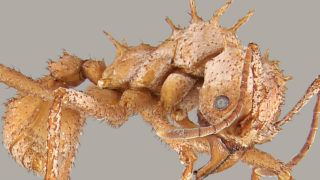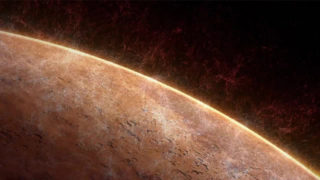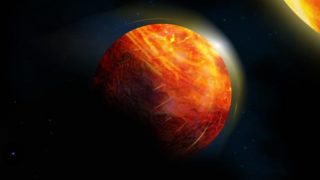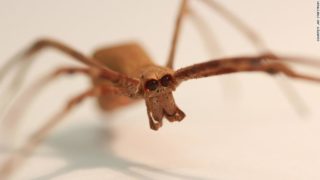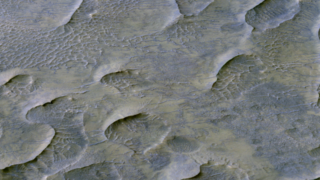
MI weekly selection #401
Pterosaur ancestry may have an answer Pterosaurs have been linked to a group of ancient small reptiles called lagerpetids, according to an examination of a variety of fossils from several regions. Lagerpetids, which date back between 237 million and 210 million years ago, share similar traits with pterosaurs, including inner ear shape, longer hand bones […]

